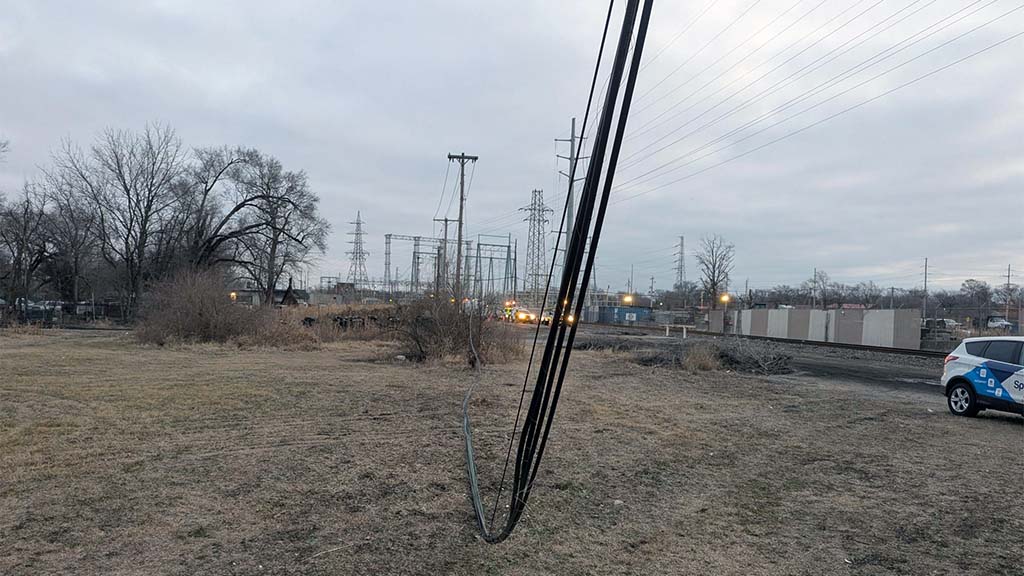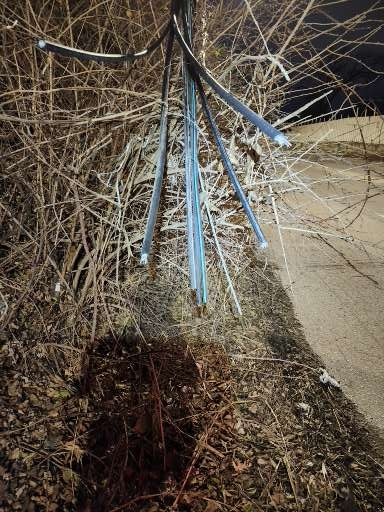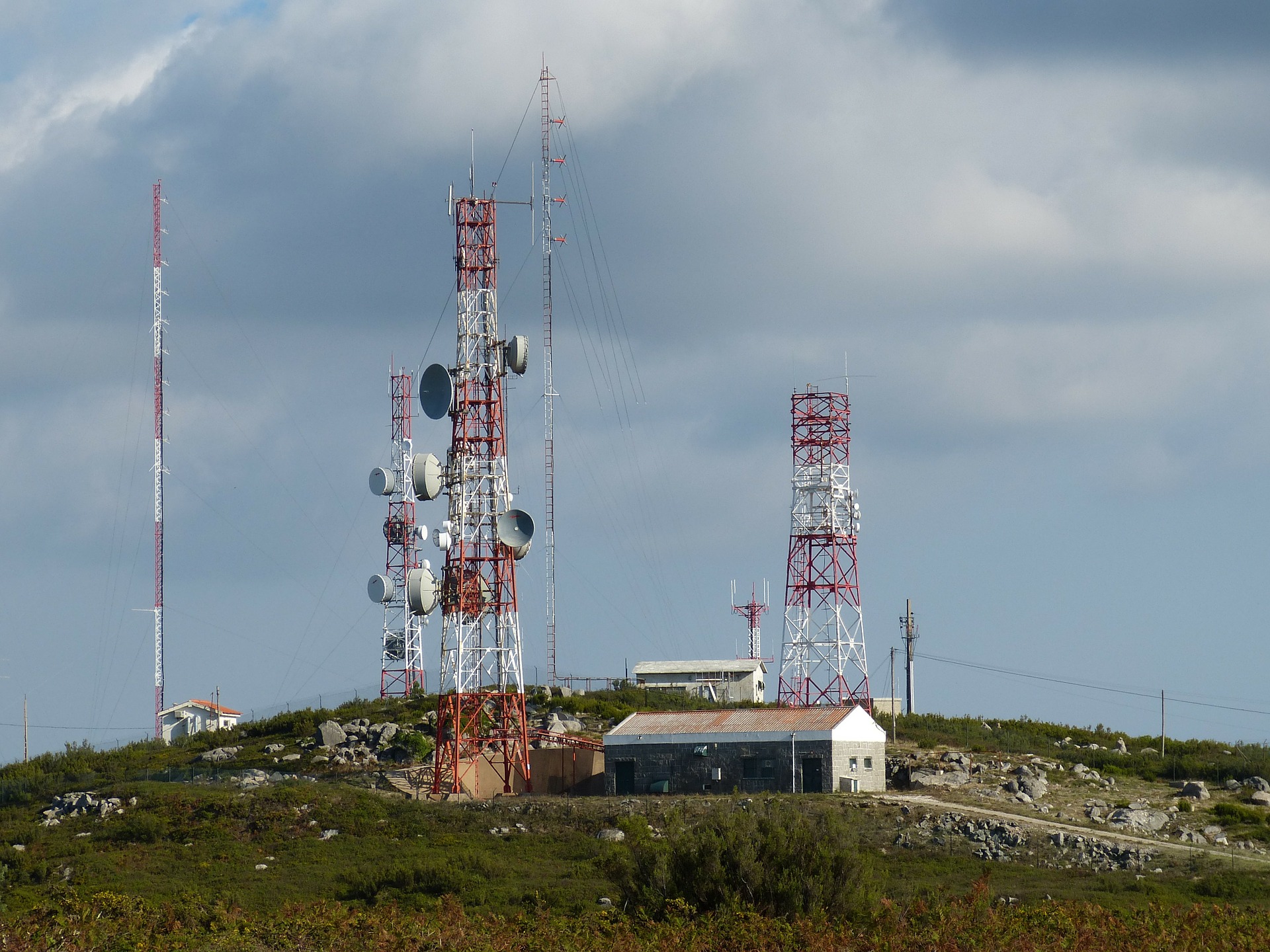Charter Decries Attacks on Its Critical Infrastructure as ‘Domestic Terrorism’
Cable operator says its Spectrum operations in Missouri have seen a 200% year-over-year uptick in felony attacks

STAMFORD, Conn. —Amid a growing number of attacks on critical telecommunications infrastructure across the country, Charter Communications said its Spectrum operations in Missouri have suffered a 200% year-over-year increase in felony attacks through July on network infrastructure that has cut off services and impacted redundancy for homes, businesses and emergency services.
“Our teams work tirelessly to provide the highest level of service and reliability to our customers and these felony, criminal attacks cause outages that go far beyond the inconvenience of lost connectivity,” Charter Executive Vice President of Field Operations Tom Monaghan said. “The impact is that of domestic terrorism, cutting off access to critical services, preventing vital communications during times of emergency and crisis, creating a pervasive and persistent threat to families and businesses in Missouri and across the country. This criminal activity must not be allowed to continue. We need the continued support of law enforcement, an increased commitment to prosecuting the criminals behind these attacks and help from the public by reporting suspicious activity when they see it.”

The problems in Missouri follow a June 15 attack on a Spectrum communications network in Van Nuys, Calif., that the company also described as an act of domestic terrorism.
The early morning attack, which severed 13 cables, including more than 2,600 individual fibers, disrupted connectivity and impacted redundancy to emergency services, including a U.S. military base, emergency dispatch and 911 communication services, local fire and police departments, financial institutions, court buildings, health care facilities and hospitals, educational institutions and cell towers providing mobile services. In total, more than 50,000 residential customers and more than 500 business customers were affected for up to 30 hours.
Those attacks come as the telecommunications industry has been reporting a notable increase in critical infrastructure attacks impacting telecommunications providers across the country. Between June and December of 2024, the collective industry suffered nearly 6,000 intentional incidents of critical communications infrastructure attacks putting access to life-saving public resources at risk.
That has also prompted a political push by the industry to increase penalties and enforcement.
Thus far, 28 states—including Missouri—have passed legislation making these attacks on critical communications infrastructure felony offenses. Eleven states have passed such measures this year.
The professional video industry's #1 source for news, trends and product and tech information. Sign up below.
In Missouri, Charter reported that emergency services, emergency dispatch and 911 communication services, local fire and police departments, federal agencies, financial institutions, court buildings, healthcare facilities and hospitals, educational institutions, as well as cell towers providing mobile services, have all been impacted by one or more of the 148 outages recorded just by Spectrum in Missouri this year.
“These attacks are more than mere acts of vandalism; they are disrupting access to critical emergency services and creating potentially life-threatening situations,” said FBI Special Agent in Charge Chris Crocker of the St. Louis field office. “Combating this threat requires a coordinated effort, and we urge the public to report any suspicious activity to law enforcement. Together, we can help bring those responsible for endangering public safety to justice.”
To thwart this growing threat, Spectrum also announced that it is offering a reward of up to $25,000 for information related to these criminal infrastructure attacks that lead to an arrest. Anyone with information can contact Spectrum at 833-404-TIPS (8477) or reach out to local law enforcement.
George Winslow is the senior content producer for TV Tech. He has written about the television, media and technology industries for nearly 30 years for such publications as Broadcasting & Cable, Multichannel News and TV Tech. Over the years, he has edited a number of magazines, including Multichannel News International and World Screen, and moderated panels at such major industry events as NAB and MIP TV. He has published two books and dozens of encyclopedia articles on such subjects as the media, New York City history and economics.

